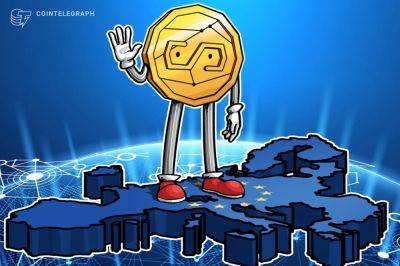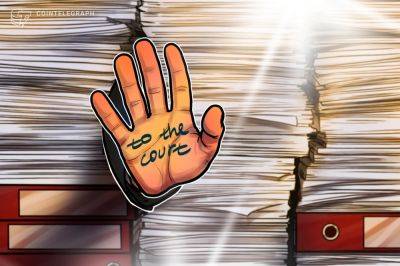Provider for Meta’s file-storage needs suggests path forward for Web3 data management
Data privacy has come a long way since the widespread use of technology kicked off in the early 2000s. Now, every click, Tweet and Instagram post makes up a personal data footprint that stands shoulder-to-shoulder with people’s fundamental rights as one of the most valuable assets each individual possesses.
Recent revelations about the extent of data trading and misuse have cast a spotlight on the urgent need for stronger safeguards. People’s digital footprints, consisting of personal information voluntarily shared online or unknowingly collected through various services, have become lucrative commodities. The scale of this trade raises significant concerns about privacy violations and the erosion of personal agency. This is evidenced by regulators in the European Union defining rules around the right of access known as the General Data Protection Regulation (GDPR), which makes it a right for each person to own their data and use it as an asset. Unfortunately, even with these regulations, a Forbes article from November 2022 revealed that the public is still dissatisfied, with consumers seeking to take control of how their personal data is shared.
In order to safeguard data privacy and enhance security, adopting decentralized identity solutions has become imperative. These solutions leverage blockchain technology to establish end-to-end systems, enabling the secure sharing of private information while granting users complete authority over their data. Unlike centralized alternatives, decentralized systems ensure the immutability and security of private data, allowing it to be shared only with the explicit consent of the users.
The implementation of this technology is crucial for any system that deals with substantial
Read more on cointelegraph.com






















